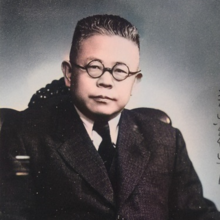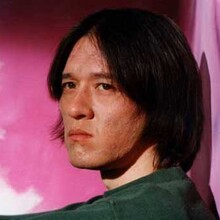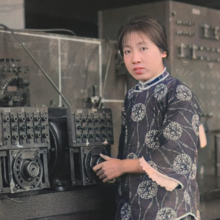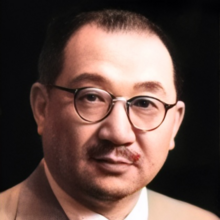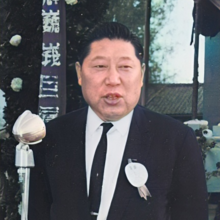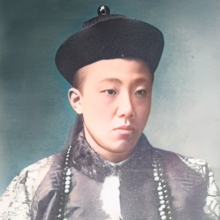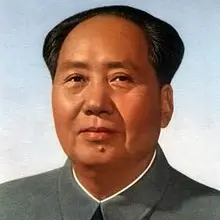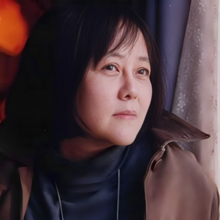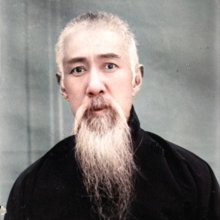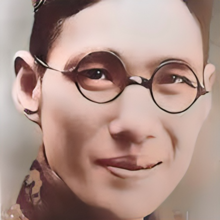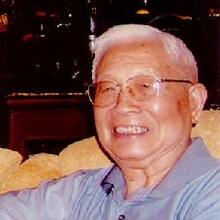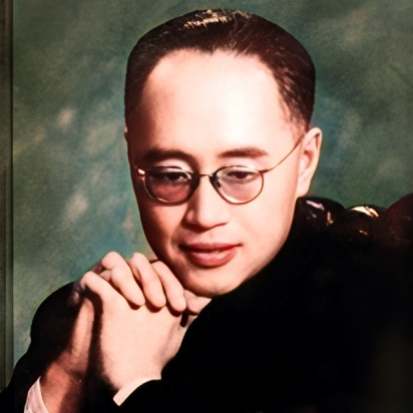
Personal
Other names:
Huang Sibai
黄思白
Job / Known for:
Playwright, director, administrator, theorist
Left traces:
Directed more than a hundred stage plays
Born
Date:
1906-10-24
Location:
CN
Tianjin
Died
Date:
1994-06-01 (aged 88)
Resting place:
CN
Shanghai
Death Cause:
Persecuted during the Cultural Revolution
Family
Spouse:
Jin Yunzhi
Children:
Huang Shuqin
Parent(s):
QR Code:
Show More
Rank
Users ranking to :
Thanks, you rate star
Ranking
5.0
1
About me / Bio:
Show More
Article for Huang Zuolin
Died profile like Huang Zuolin
Comments:

